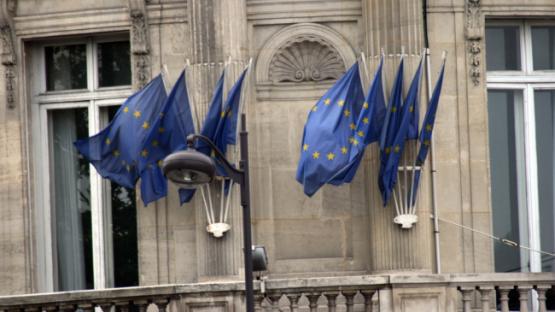The Brussels Privacy Declaration

Today is Data Privacy Day, which commemorates the 1981 signing of the Coucil of Europe's Convention 108, the first legally binding international treaty dealing with privacy and data protection. It is celebrated all over Europe, as well as in Canada and the United States since 2008. To mark the occasion, Privacy International, together with other prominent privacy and digital rights organisations, is launching the Brussels Declaration. It urges Brussels parliamentarians and European governments to listen to the concerns of citizens and consumers and strengthen their privacy rights when considering proposed data protection legislation. The need for such a Declaration was emphasized by evidence that the draft laws are being watered down in their passage through the various parliamentary committees, as they succumb to an unprecedented industry lobbying onslaught. In the last three days this Privacy Declaration has been signed by organisations all over Europe and the US, as well as hundreds of individuals. It reads as follows:
Privacy is a fundamental human right, but today this right is widely ignored. We are outraged.
We are outraged, because
- we, the citizens, are now kept in hundreds of databases, mostly without our knowledge or consent,
- over 1,200 companies specialise in trading our personal data, mostly without our knowledge or consent,
- every time we browse the internet over 50 companies now monitor every click, mostly without our knowledge or consent,
- we are constantly being categorised and judged by algorithms and then treated according to the "perceived value" we may or may not bring to business without our knowledge and consent, and
- lobbying is currently replacing European citizens' voices and manifest concerns.
We call on the Members of the European Parliament and the governments of all European Member States to enhance and enforce our privacy rights.
We expect the new European rules on data protection to ensure:
- The protection of all personal information including identifiers of hard- and software
- Recognition that every European citizen has the right to effectively control his or her personal information
- Explicit, strong and informed consent for processing of our personal data
- No more coupling of service usage to personal data use (no more 'take-it or leave-it' online)
- Transparency of data processing and data sharing practices.
- 'True' data portability to promote competition and reduce "lock-in" and achieve information self-determination
- Strong protection against secretive profiling of citizens, both on- and offline
- Effective redress mechanisms and sanctions imposed on companies and government bodies that do not respect the law
The future of Europe needs privacy, and we need you to defend this fundamental right now.



